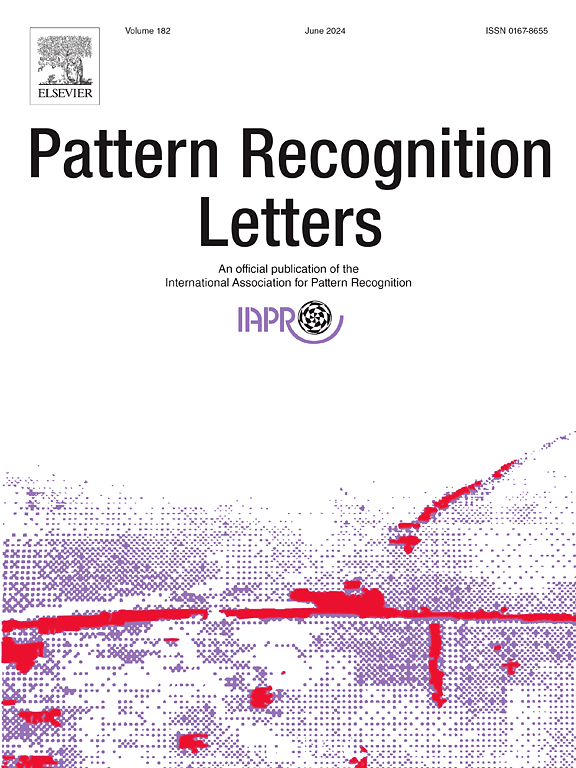FAM: Adaptive federated meta-learning for MRI data
IF 3.9
3区 计算机科学
Q2 COMPUTER SCIENCE, ARTIFICIAL INTELLIGENCE
引用次数: 0
Abstract
Federated learning enables multiple clients to collaborate to train a model without sharing data. Clients with insufficient data or data diversity participate in federated learning to learn a model with superior performance. MRI data suffers from inadequate data and different data distribution due to differences in MRI scanners and client characteristics. Also, privacy concerns preclude data sharing. In this work, we propose a novel adaptive federated meta-learning (FAM) mechanism for collaboratively learning a single global model, which is personalized locally on individual clients. The learnt sparse global model captures the common features in the MRI data across clients. This model is grown on each client to learn a personalized model by capturing additional client-specific parameters from local data. Experimental results on multiple data sets show that the personalization process at each client quickly converges using a limited number of epochs. The personalized client models outperformed the locally trained models, demonstrating the efficacy of the FAM mechanism. Additionally, the FAM-based sparse global model has fewer parameters that require less communication overhead during federated learning. This makes the model viable for networks with limited resources.
FAM:针对核磁共振成像数据的自适应联合元学习
联合学习使多个客户端能够在不共享数据的情况下合作训练一个模型。数据不足或数据多样性的客户端可参与联合学习,以学习性能卓越的模型。由于核磁共振成像扫描仪和客户端特征的不同,核磁共振成像数据存在数据不足和数据分布不同的问题。此外,隐私问题也阻碍了数据共享。在这项工作中,我们提出了一种新颖的自适应联合元学习(FAM)机制,用于协作学习一个单一的全局模型,该模型在各个客户机上进行了本地个性化处理。学习到的稀疏全局模型能捕捉到不同客户端磁共振成像数据中的共同特征。通过从本地数据中捕捉额外的客户特定参数,该模型在每个客户机上生长,以学习个性化模型。在多个数据集上的实验结果表明,每个客户端的个性化过程在有限的历时内迅速收敛。个性化客户端模型的性能优于本地训练的模型,这证明了 FAM 机制的有效性。此外,基于 FAM 的稀疏全局模型参数较少,在联合学习过程中需要的通信开销也较少。这使得该模型适用于资源有限的网络。
本文章由计算机程序翻译,如有差异,请以英文原文为准。
求助全文
约1分钟内获得全文
求助全文
来源期刊

Pattern Recognition Letters
工程技术-计算机:人工智能
CiteScore
12.40
自引率
5.90%
发文量
287
审稿时长
9.1 months
期刊介绍:
Pattern Recognition Letters aims at rapid publication of concise articles of a broad interest in pattern recognition.
Subject areas include all the current fields of interest represented by the Technical Committees of the International Association of Pattern Recognition, and other developing themes involving learning and recognition.
 求助内容:
求助内容: 应助结果提醒方式:
应助结果提醒方式:


